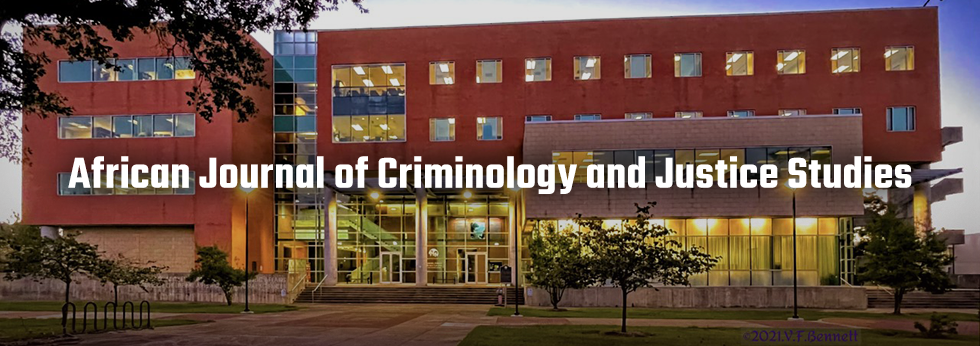Abstract
This paper summarizes key findings of a qualitative dissertation study that involved interviews with black male college graduates (BMCs) and black male jail/prison releasees (BMRs). One component of the study was a comparison of the socio-economic characteristics in the families of BMCs and BMRs. The study also measured if BMCs and BMRs identified with three Kwanzaa principles - Umoja (unity), Ujima (collective work and responsibility), and Ujamaa (economic cooperation). Black males are products of single parent household structures that are characterized by strained financial conditions. These are related to low college enrollment and graduation rates and high rates of incarceration. Kwanzaa, celebrated as a Pan-African holiday, was identified as a measurable Afrocentric value system that could reduce the adverse effect of family and social conditions. A thematic codification analysis of qualitative interviews revealed that the families of BMCs (n=25) and BMRs (n=25) did not differ significantly in structure or financial conditions (p >.05). BMCs and BMRs differed significantly in their identification with Umoja (p.05) or Ujamaa (p>.05).
Recommended Citation
Pratt-Harris, Natasha C.
(2013)
"Happy Kwanzaa? An Afrocentric Comparison of Black Male College Graduates and Black Male Jail/ Prison Releasees,"
African Journal of Criminology and Justice Studies: Vol. 7:
Iss.
1, Article 2.
Available at:
https://digitalscholarship.tsu.edu/ajcjs/vol7/iss1/2


